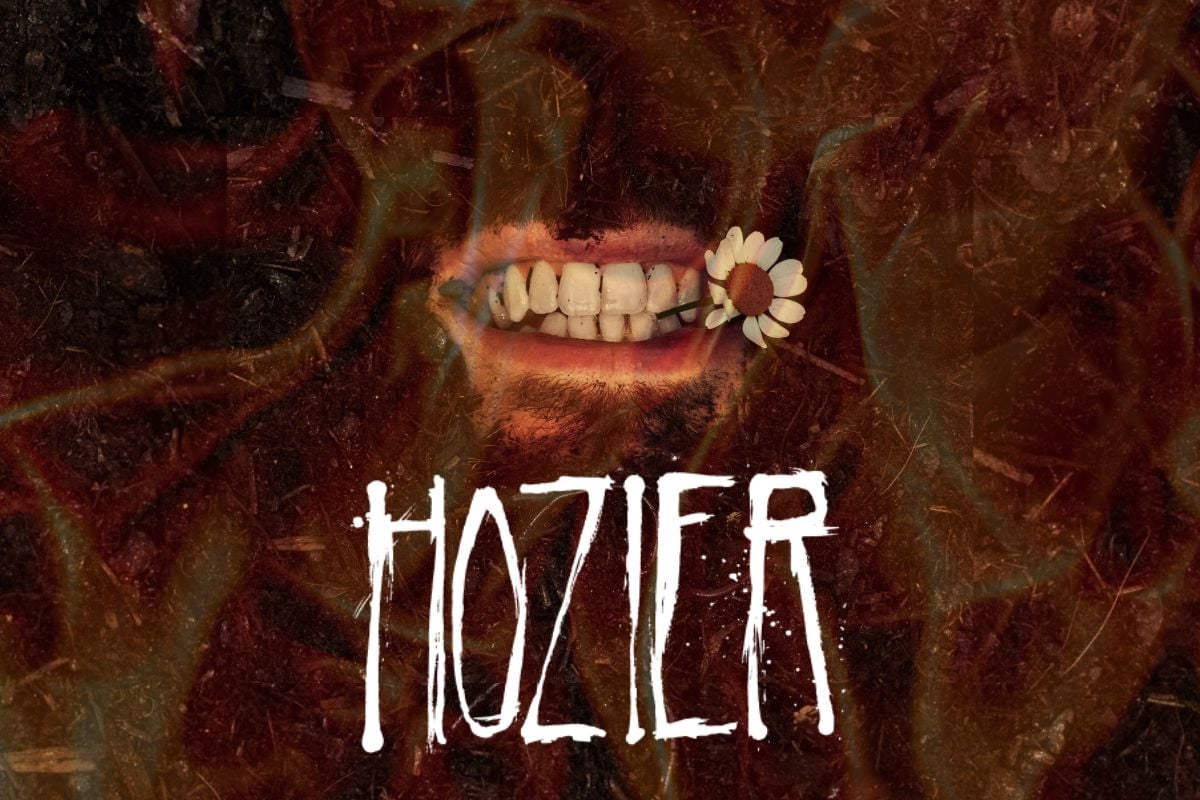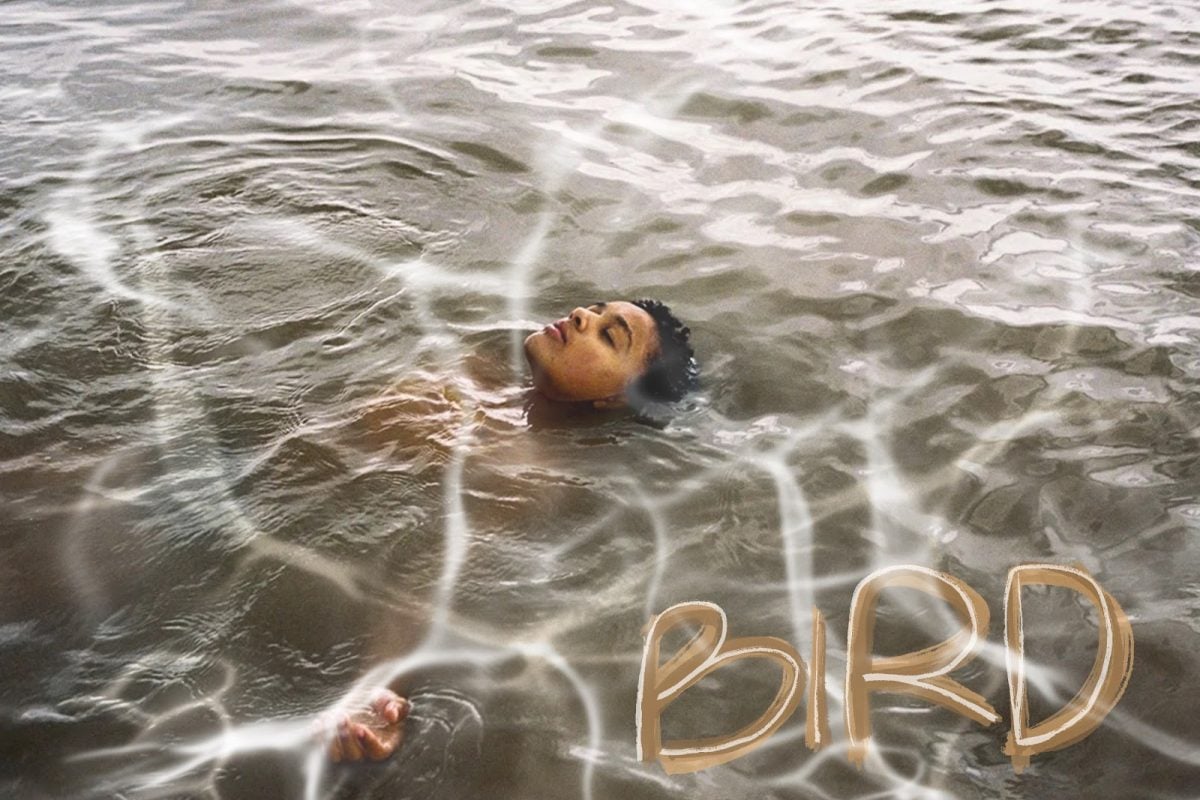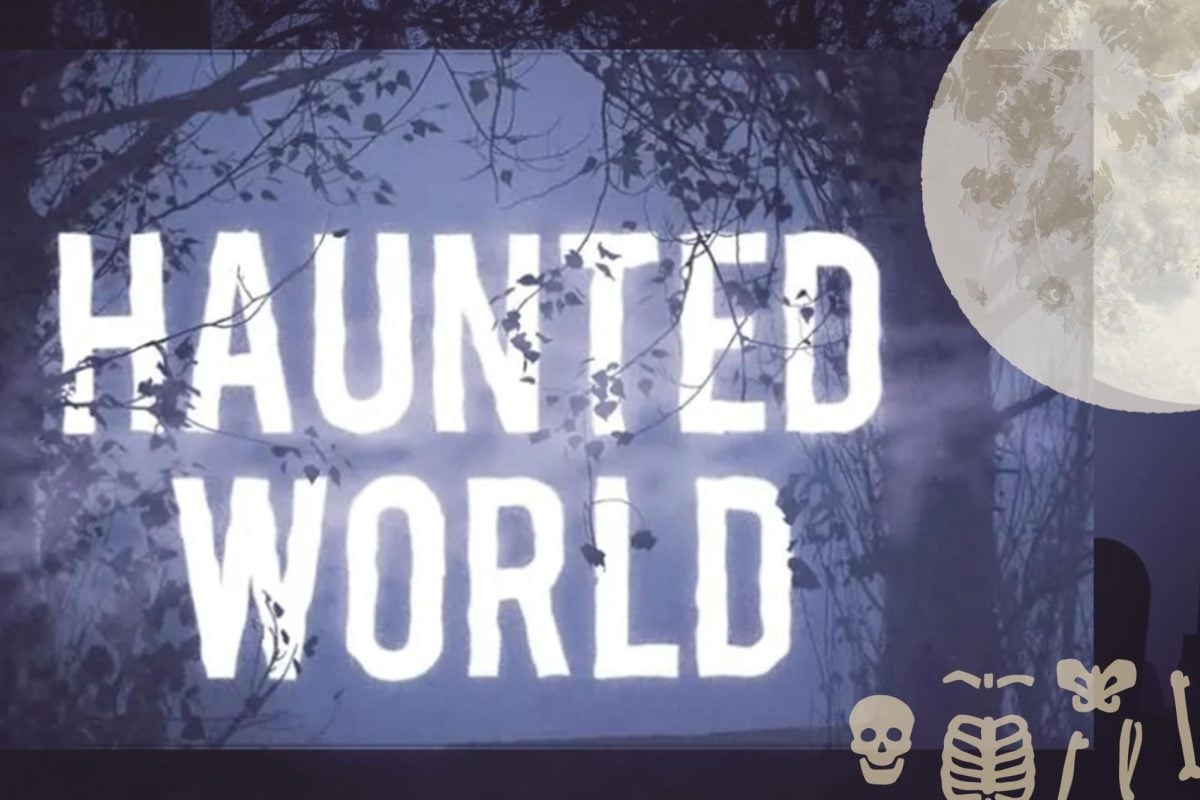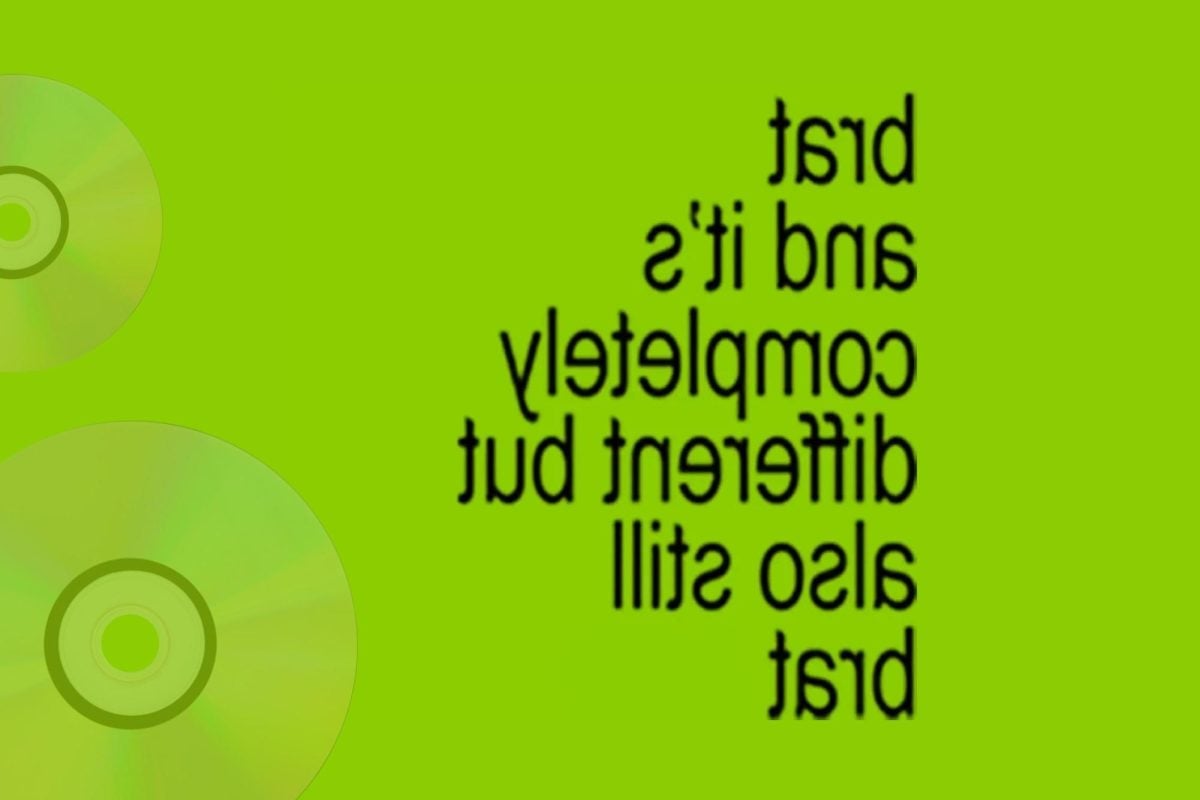It is 2023. “Take Me to Church,” the song that pulled Irish singer Andrew Hozier-Byrne out of his proverbial Irish bog and into international acclaim, is now a decade old. Over time, he has become a fixture of the indie pop scene, cementing the musician’s mystical presence deep in the cultural zeitgeist.
And yet, for an artist with a rather mainstream footing in the world of alternative music, Hozier is an elusive presence — popping up in small New York City bars and empty Positano nightclubs, performing for the lucky few and then vanishing once again.
His new album “Unreal Unearth” is a musical reflection of the singer’s own persona — an Irish deity who sings of love and longing, religion and social change. The work spans multiple genres, from jazz to funk, and tells a story that is loosely based on Dante’s famed poem “Inferno.”
Hozier weaves mythology, poetry and literary references into the fabric of the album’s 16 tracks. But more importantly, he unveils a close look at his Irish roots, the result of months spent in his home during the early days of the pandemic.
De Selby (Part 1), the album’s opener, features Hozier singing in Irish for the first time on one of his own songs. The song, named after a character in the Irish novel “The Third Policeman” by Flann O’Brien, mirrors the way that the philosopher namesake sees the world — a dream with no clear end or beginning. “Bhfuilis soranna sorcha/Ach tagais ‘nós na hoíche/Trína chéile;/Le chéile, claochlaithe,” Hozier wails wistfully. He explains in a “behind the song” video on his YouTube channel the intention behind the lyrics: “Although you’re bright and light, you arrive to me like nightfall. You and I sort of mixed up together; you and I metamorphosized.”
Throughout the rest of the album there continues to be a question as to where Hozier’s voice ends and the influence of Dante’s Inferno and its universal themes of love, life, loss, greed and betrayal begins.
In “Eat Your Young” Hozier references hell’s Circle of Greed but expands outward in true Hozier fashion, making a social commentary on the state of the world and its destruction. He postures about skinning children for war drums and the inevitable weight of the world that younger generations will shoulder. In “First Time” Hozier explores the most basic of Dante’s themes: life and death and its parallels in every part of existence.
Like the journey, Hozier gets a little lost along the way. His album leaves the listener stumbling through a graveyard of genres. While it may be a little disjointed sonically, can we blame him? Weren’t we all a bit disjointed during a pandemic? For example, the sunshine-filled “Anything But” appears seemingly out of nowhere, sandwiched between a haunting exploration of Irishness and a yearning look into memory. Emotions in “Unreal Unearth” run the gamut.
Where Hozier falls short musically, he redeems himself narratively. For all his carefully selected literary references, it seems natural that Hozier is a master of the storyline. His lyrics on the album take on the role of a narrative psychopomp — guiding our listening souls through his encapsulation of life’s ups and downs.
Email: [email protected]
Twitter: @TabithaParent12
Related Stories:
— Liner Notes: Taylor Swift’s ‘Speak Now (Taylor’s Version)’ is the best thing that’s ever been mine


















